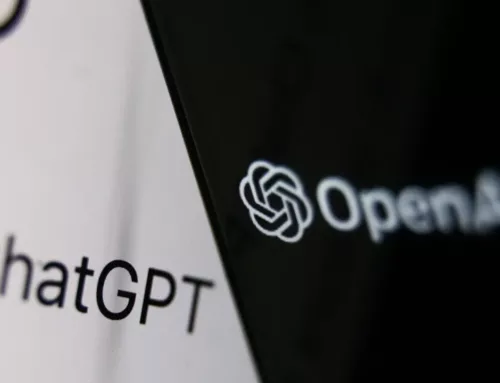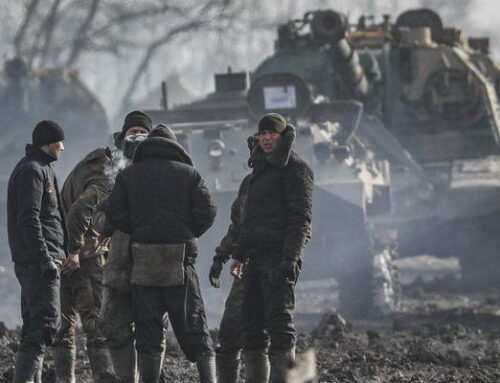Amid troubling news of serious human rights violations carried out in India-controlled Jammu and Kashmir—including a debilitating digital blockade lasting over two weeks—Indian Prime Minister Narendra Modi signed an agreement with France for a landmark technological collaboration in quantum and artificial intelligence (AI). The Indo-French collaboration between French company Atos and India’s Centre for Development of Advanced Computing (C-DAC) will establish a Quantum Computing Experience Centre at C-DAC’s headquarters in Pune, India and deliver an Atos Quantum Learning Machine. The high technology partnership, which “advocate[s] a vision of digital technologies that empowers citizens, reduces inequalities, and promotes sustainable development”, sits upon the controversial backdrop of India’s current actions in the Kashmir crisis and presents an interesting view into the intersection of international politics and quantum technologies.
During his first term, Narendra Modi began to position India as a global technology hub, putting its innovation sector on the map by embracing international investment and collaboration. The advancements that have been made over the last five years as a result of these activities have helped to fuel India’s socioeconomic development and cement its place on the global stage as a major emerging economy with a vibrant technology sector. Now in his second term, Modi seeks to apply a digital taxation to global technology giants like Google and Facebook on their activities in India. Though this policy shift has been identified as a potential barrier to Big Tech’s incentive to contribute to India’s start-up space, Modi has nevertheless continued to cultivate a tech-forward name for his government. His “New India” government focuses on sustainable development and emerging technologies, especially agricultural technology, AI and quantum.
Within this context, India’s national quantum technology research and development capacity has blossomed at a rapid pace, especially with regard to quantum mechanical theory and theoretical physics research and software development. However, unlike the top competitors in quantum computing such as China and the U.S., India lacks a strong quantum computing hardware industry, a challenge which could be exacerbated by Modi’s Big Tech taxation policy. In order to supplement research activities in its burgeoning quantum and AI sectors, Modi has instead turned toward collaboration with international governments as a vehicle to boost domestic technological development. For example, India’s recently established fund-to-fund partnership with Japan will support over 100 start-ups in AI and IoT. Likewise, the new Indo-French partnership is a critical piece of the puzzle for India, promising to help boost its national deficiency in applied quantum computing development and help India to become a leader in the quantum space.
With international partnerships playing such a key role in Modi’s plan for the development and growth of India’s quantum computing and AI industries, there is a sense that the country’s actions in state-controlled Jammu and Kashmir are damaging its international reputation. This perspective, however, is demonstrably negated by the signing of the Indo-French bilateral agreement. The agreement, which stipulates French alignment with India as a partner in sustainable development and emerging technologies, outlines the countries’ shared commitment to “an open, reliable, secure, stable and peaceful cyberspace”. It was signed into existence even as India, the world leader in internet shutdowns, enacted a digital lockdown on Kashmir for the 51st time in 2019 alone. This data sits in stark contrast to the stated objectives of the partnership and demonstrates the separation of business from peace-building priorities on an international scale.
The Kashmir conflict, a turbulent territorial dispute between India, Pakistan and China, dates back to the partition of 1947 and has already incited four wars between India and Pakistan. Kashmir, dubbed one of the world’s most militarized zones, is of strategic value to both countries and is India’s only Muslim-majority region. The recent conflict was spurred by a series of brutal attacks and rebellions since February 2019, which ultimately led the Modi government to revoke India-controlled Kashmir’s “special status” of autonomy granted under Article 370 of the Indian constitution. Given this complex history and characterization, India’s fresh assault on the region has led many (including Pakistan’s own Prime Minister) to fear an escalation of violence that could result in a worst-case-scenario nuclear face-off between India and Pakistan.
Whether or not it is representative of the true feelings of Modi’s “New India”, Indian national media has expressed nearly unequivocal supportive of the revocation of Article 370. French comments, however, lean toward neutrality—tactfully holding the situation at arm’s length while urging for a bilateral negotiation between India and Pakistan. Regardless of the two countries coming to a peaceful resolution or not, it appears that international investment in Indian quantum and AI development shall not waver in the face of the Kashmir conflict. Ironically, as India sprints to catch up in the quantum race with the support of France and other international allies, the results of the past technological nuclear arms “race” looms heavy over the continent.







Leave a Reply